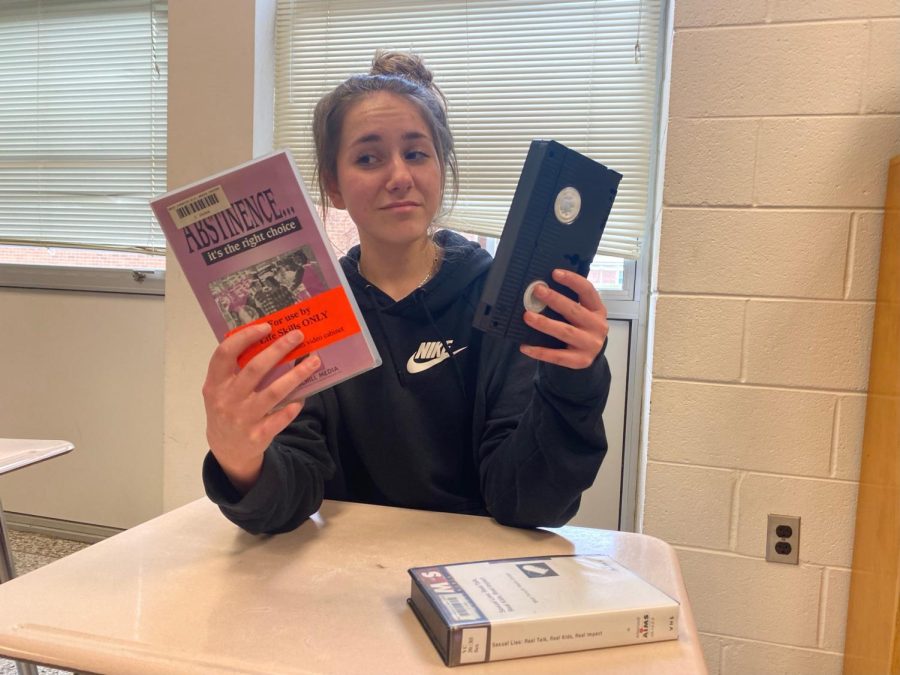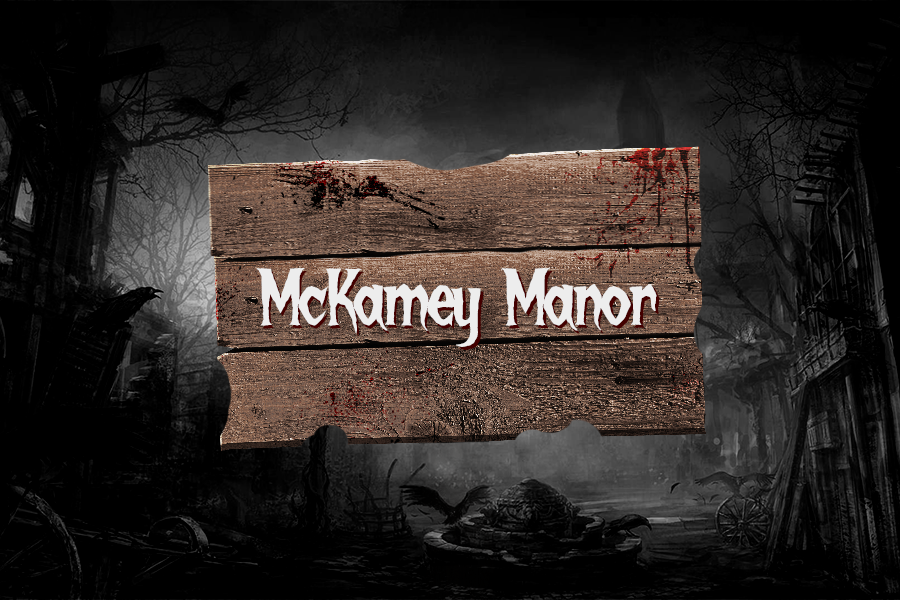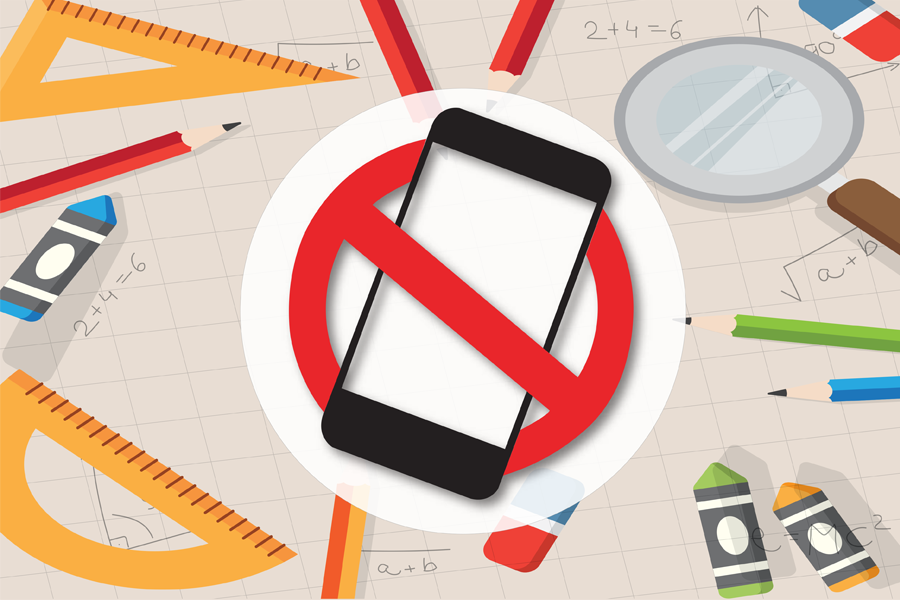(Content warning: Mentions of SA)
I was in fifth grade when I first learned about puberty. My elementary school was very innocent in my eyes; the most inappropriate incident that occurred was two girls kissing which was considered strange at a fairly conservative school. Once I hit middle school, my life changed drastically. Every textbook had a penis drawn in it and most kids cussed. I went from wearing shorts and tank tops to jeans and a baggy hoodie every day from the constant fear of being sexualized or cat-called. I had fallen into depression and completely started to hate my body because of the immaturity of the kids around me; who spent their free time moaning in class. It took me a long time to realize that it was so scary for me because of my lack of previous knowledge. My whole sixth grade year was ruined by the absence of education on sexuality.
The WS/FCS family life curriculum is supposed to address STDs, reproductive anatomy, sex after marriage, peer pressure, sexual assault and types of contraceptives, yet I’ve only learned about a few of these in school. The whole county lacks in the sex ed department and there is no excuse for it. Learning about the reproduction system in the fifth grade doesn’t help me stay safe sexually nor does it even explain what sex is. By high school, most students have lost their innocence from other students’ vulgar mouths, but that doesn’t mean the curriculum shouldn’t be taught. I’ve had many instances where I’ve talked to people who didn’t know basic sexual safety such as the fact that you can get STDs from oral sex. Just because most students know what sex is doesn’t mean they know how to engage in it safely.
Even if the Sex Ed curriculum covered all of the topics it says it does, it doesn’t cover as many as it should. The sex ed syllabus should include more emotional topics about sex such as consent. Knowing how to say no is also very important in knowing your self worth and it should be taught. Although teachers are supposed to address peer pressure, that doesn’t necessarily go hand in hand with consent. Consent is an important, if not the most important part of sex that should be taught. Schools should also teach about the stigma of STDs and how to get treatment. Many people don’t know how STDs are transmitted or how important getting tested is. Places like Planned Parenthood and most pharmacies offer STD testing, but many students aren’t aware they can buy contraceptives, and it’s important to understand that nothing bad will happen if you buy condoms or pregnancy tests. Our state allows access to birth control, condoms and pregnancy tests without a parent or ID. Instead of worrying about getting in trouble at the store, remember your rights and stay safe.
Students aren’t going to be safe if they don’t understand protection and what to specifically look out for. Although the policies state that it is their intention to encourage abstinence, it is the students’ decision. Ultimately, it isn’t the school district’s fault if students don’t practice safe sex, but they should still educate us on how to be safe. The school board needs to give a full curriculum to the health teachers instead of giving out a few plans at a time. Learning to steer clear of being a teen parent is more important than learning about topics like teamwork which we’ve already learned in the first grade. If they taught sex ed like they were supposed to then maybe we wouldn’t be known for our WeSTDs.









